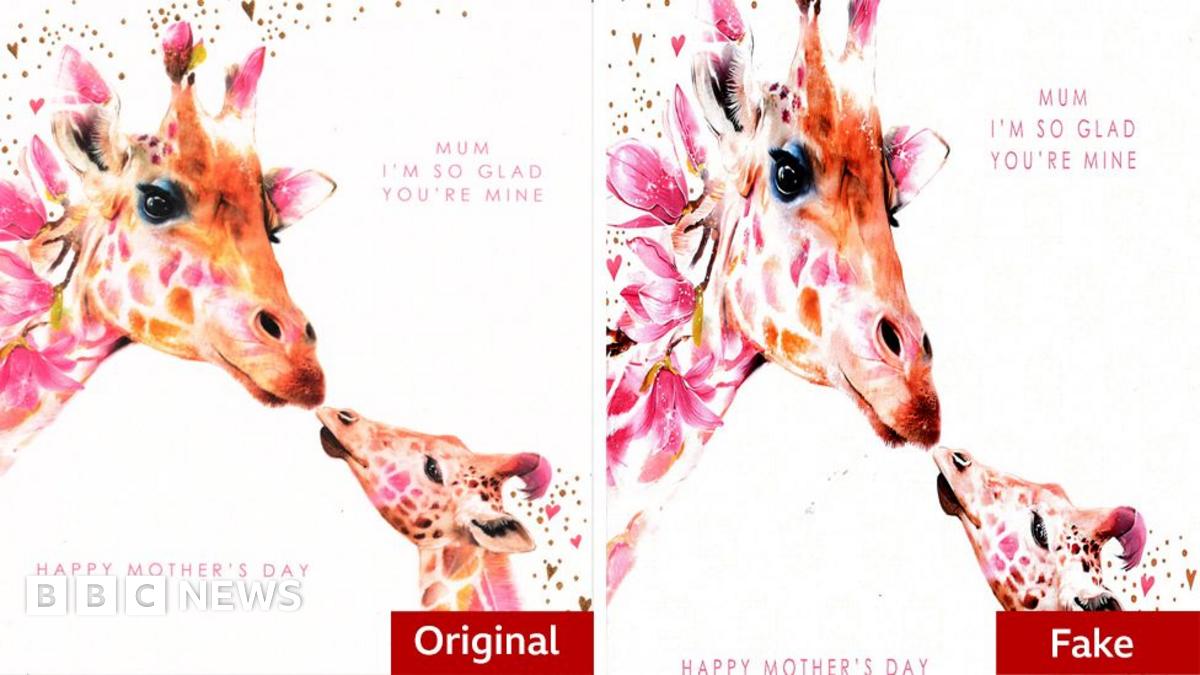In a statement, Temu said “intellectual property protection is a top priority” and that it had “invested heavily in resources to strengthen trust with brands, sellers and consumers”.
It said most requests to take down copyrighted content were resolved within three working days, but that greeting card firms were being encouraged to join the new trial which it said would lead to more products being removed automatically.
The system is bespoke to the card industry, however the BBC understands it could be used as a model for similar or alternative processes for other products.
Amanda Fergusson, the chief executive of the GCA, said the industry welcomed the changes. “We know our members feel very strongly about copycat sellers, and what’s more we also know customers are often disappointed by cheap copies,” she said.
“Our dialogue with Temu and the actions they’re taking, is a welcome first-step to address those issues,” she added.
For Amanda and Frank, it is not just their livelihoods at stake but the future of the whole supply chain which relies on the 1.5bn greeting cards sold in the UK each year.
“At some point, its going to be the consumers that are going to be affected, not just us as designers, because there won’t be any high streets,” Amanda said. She also had a message for people buying copycat cards: “Cheap always comes at a cost.”
